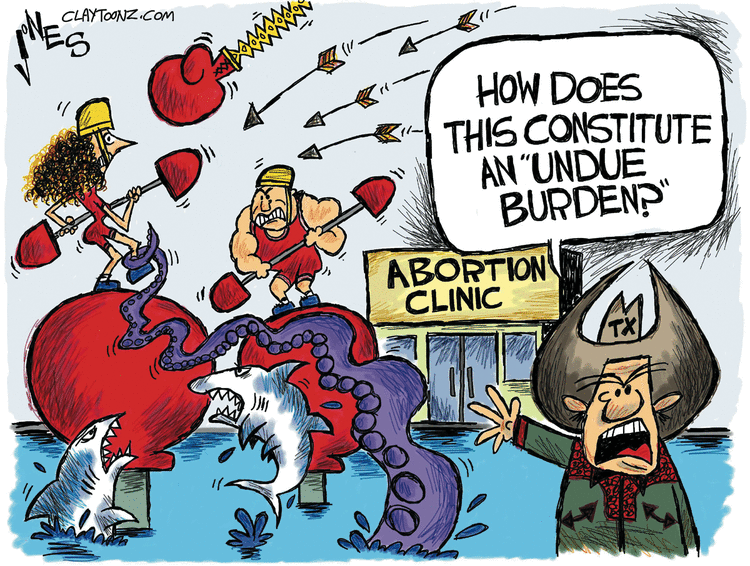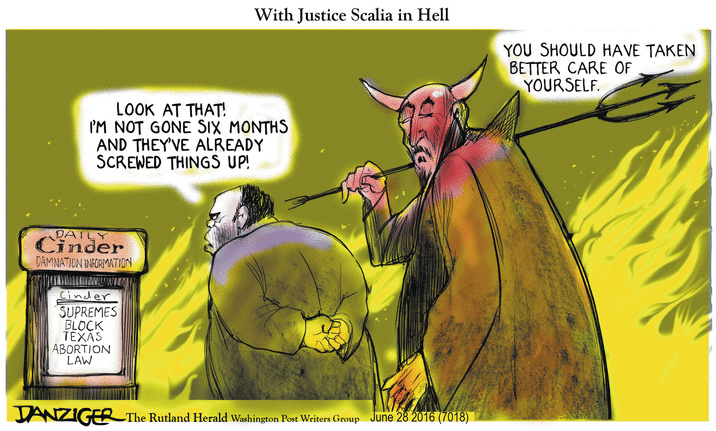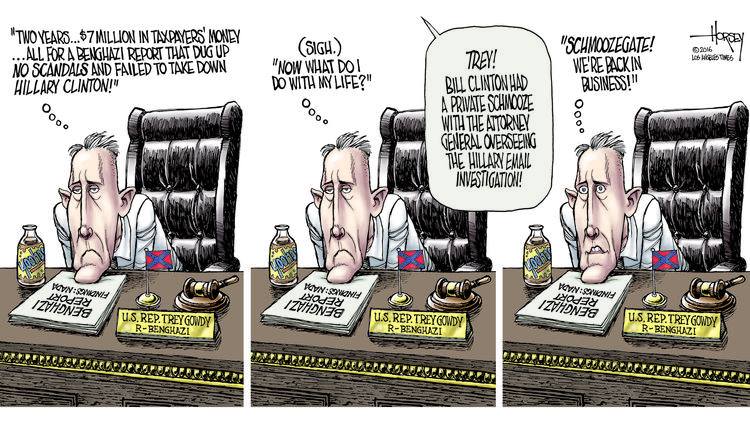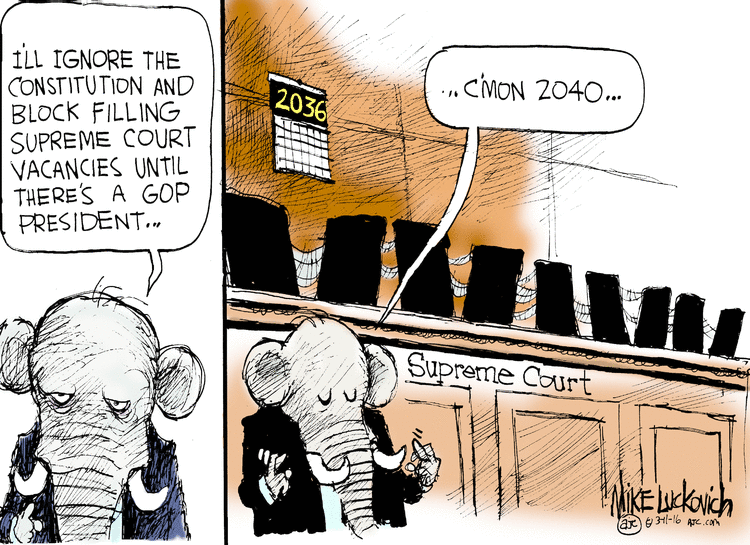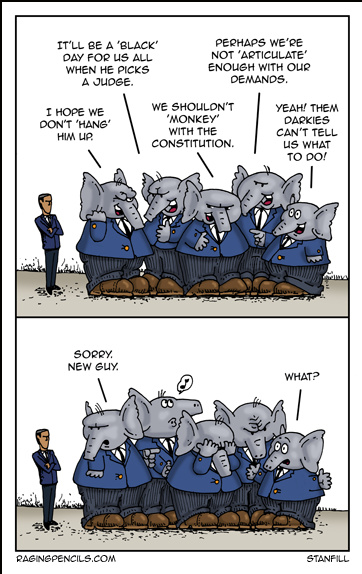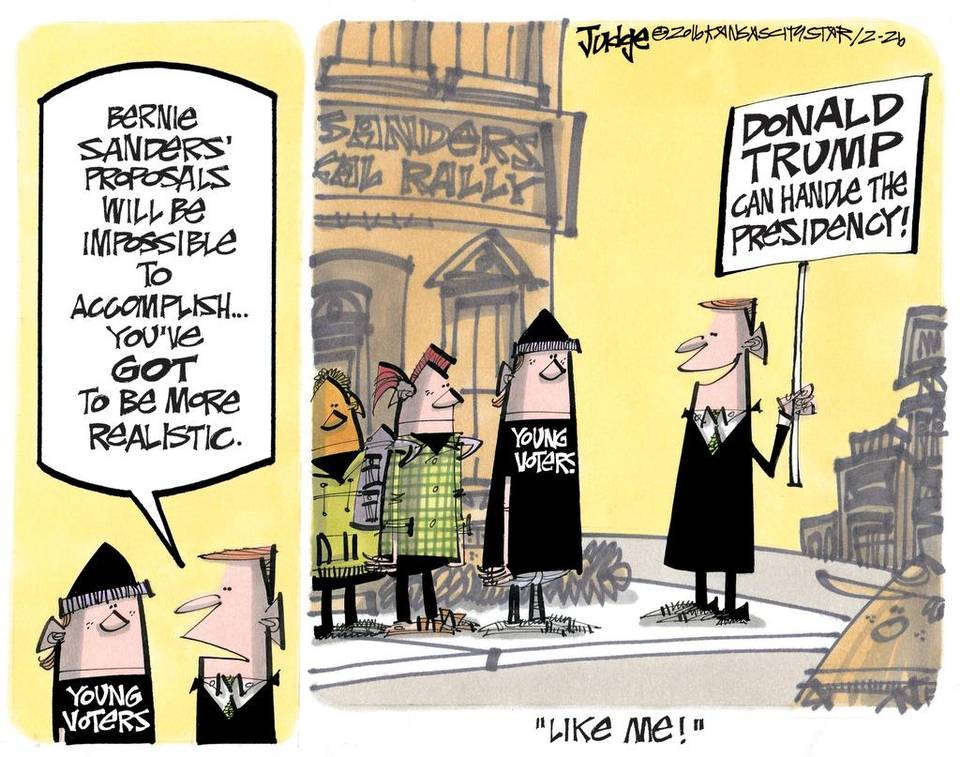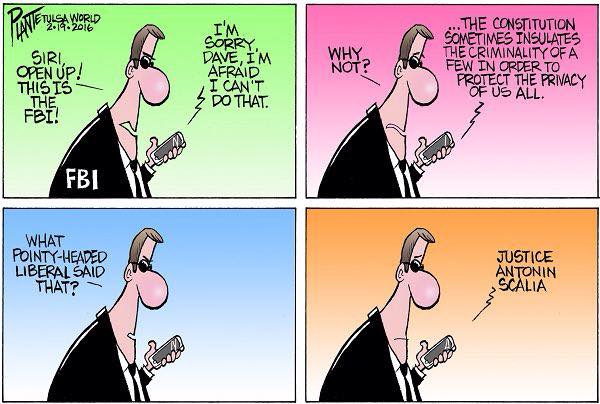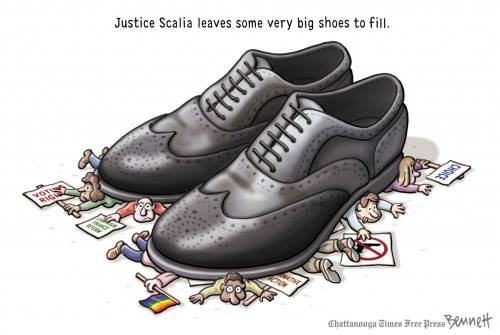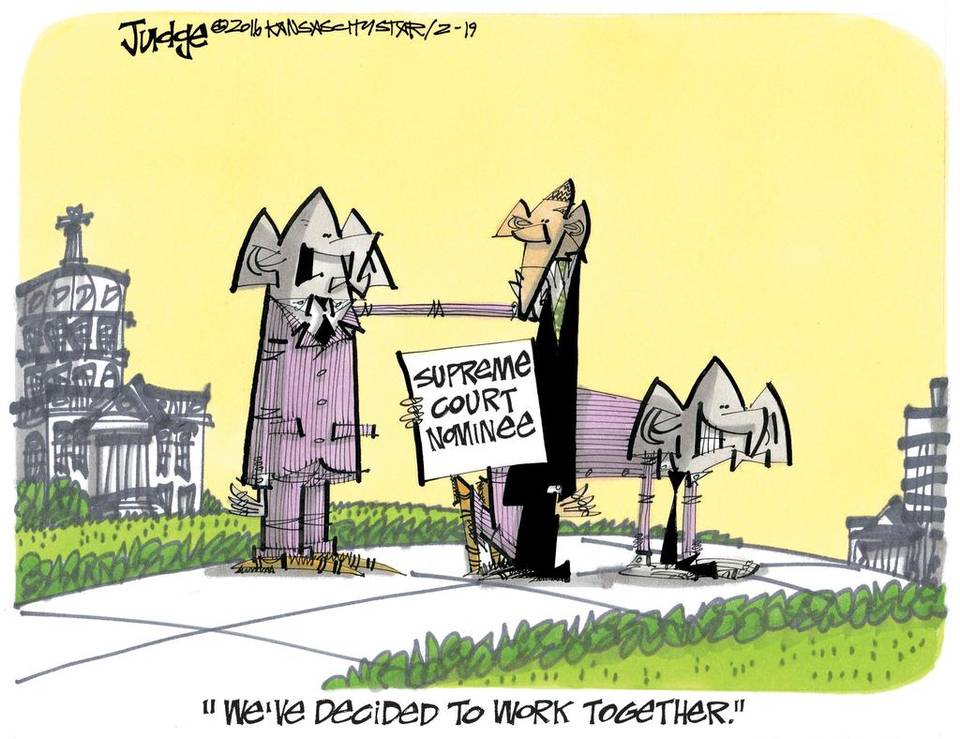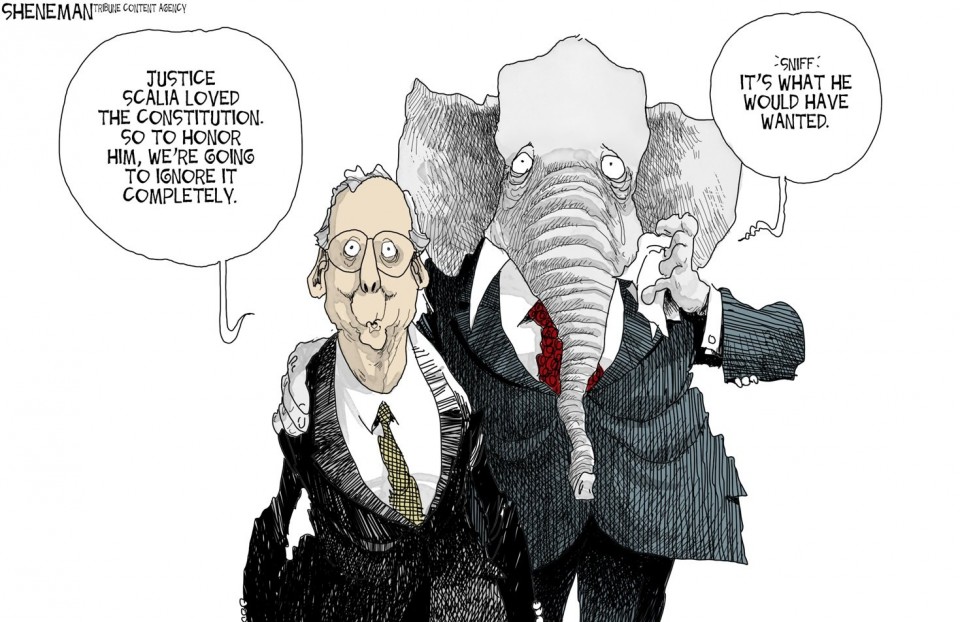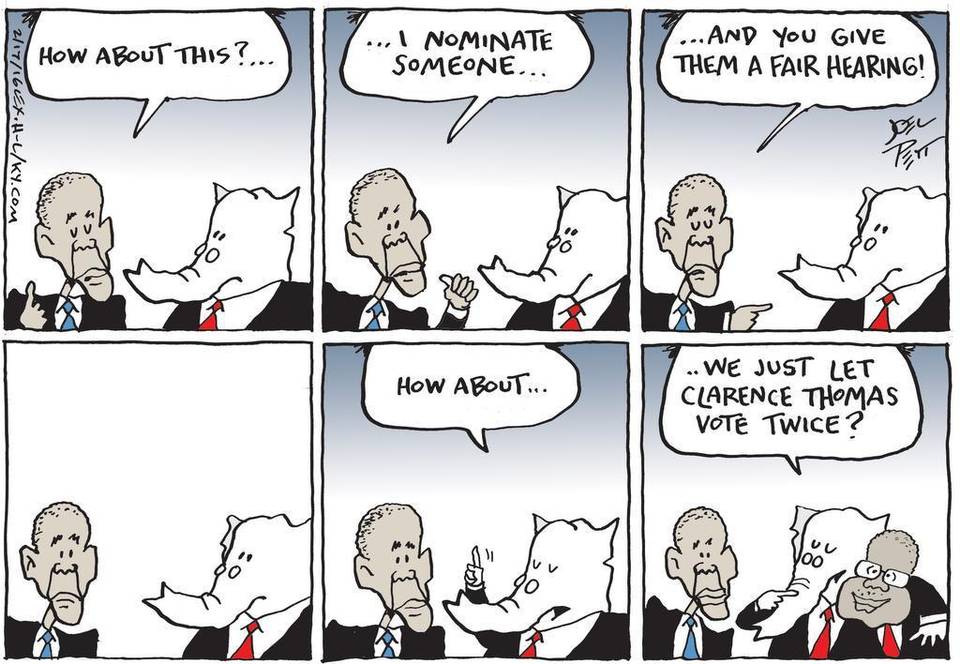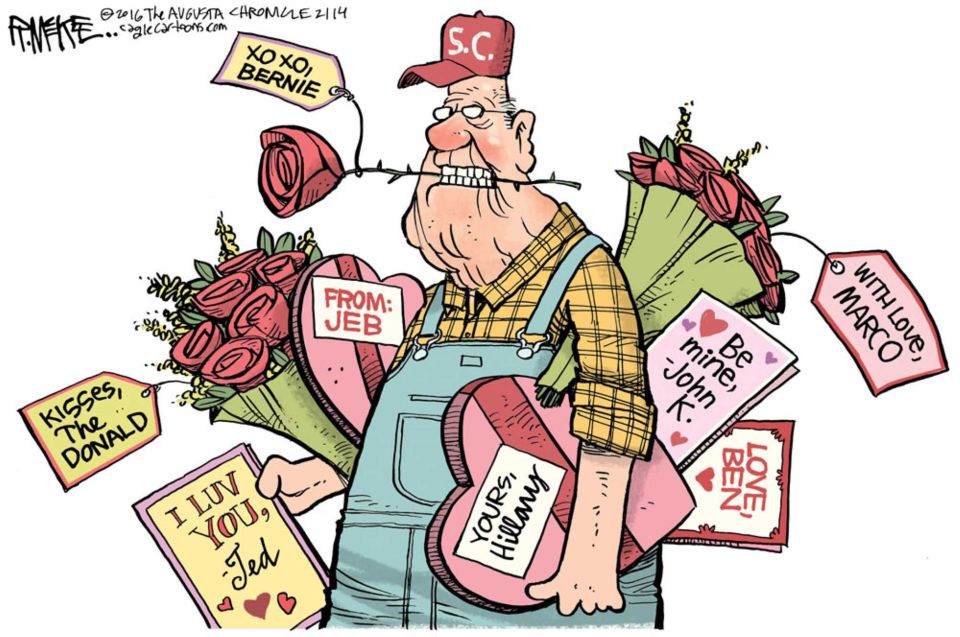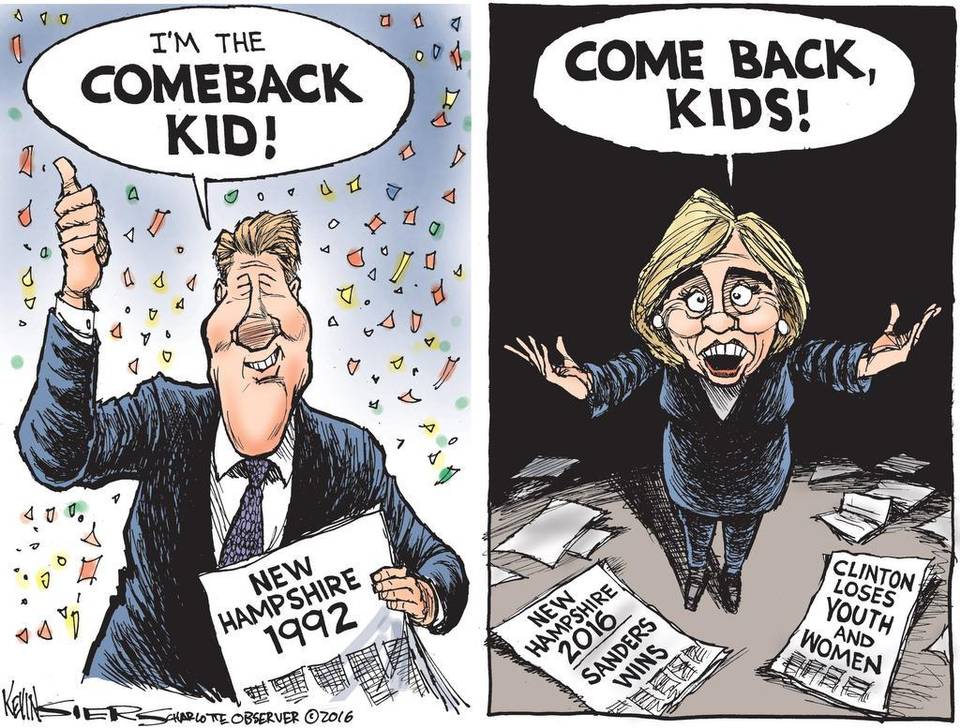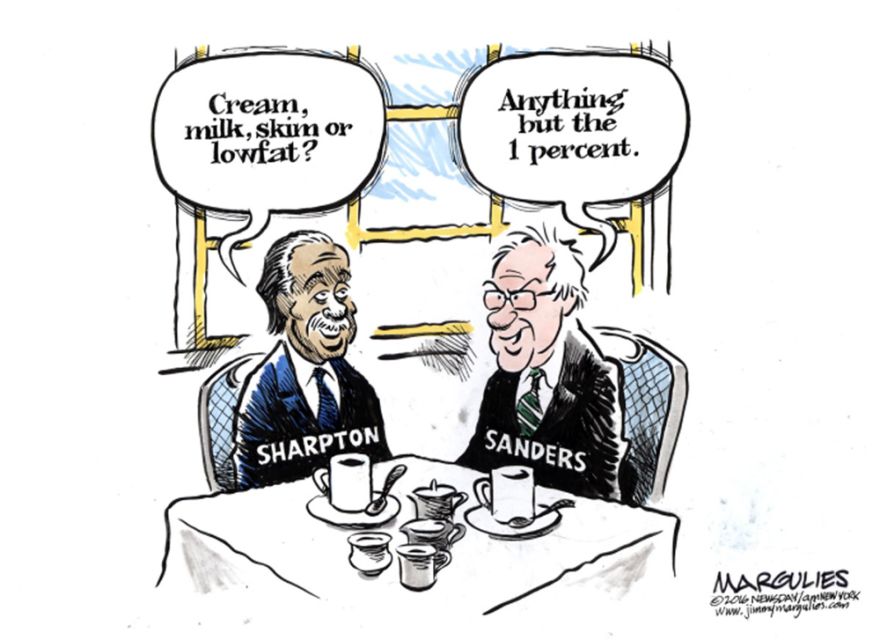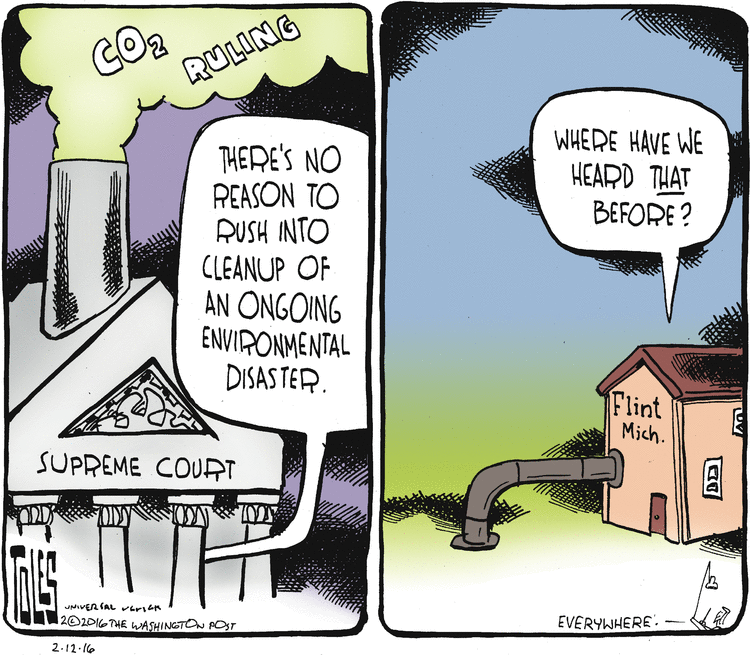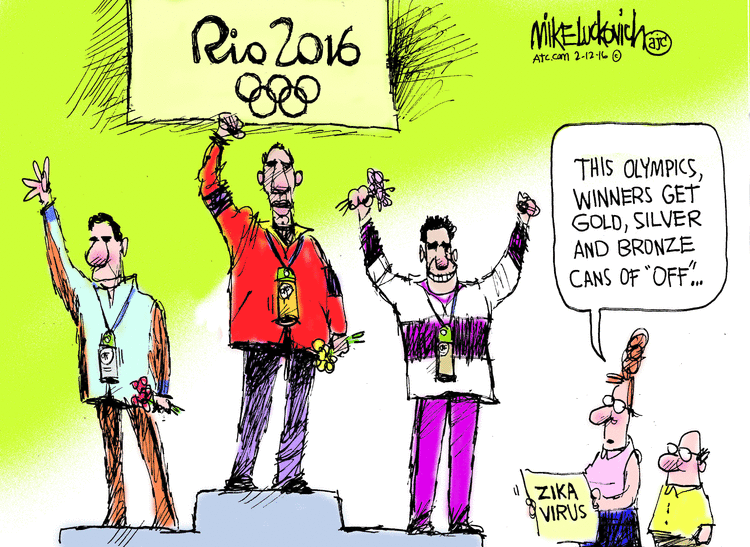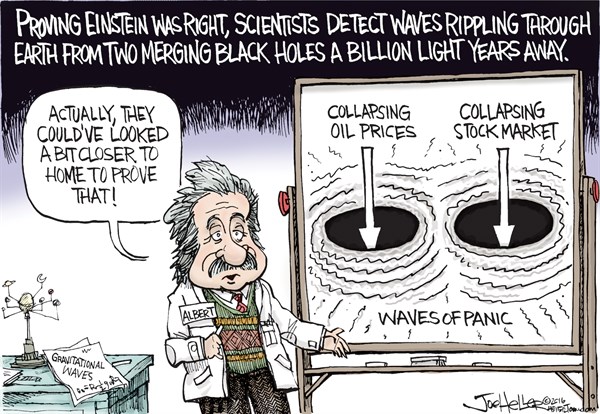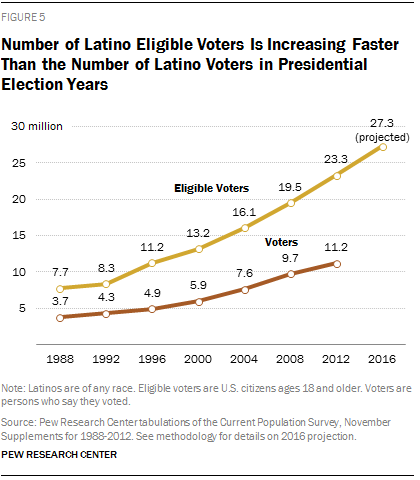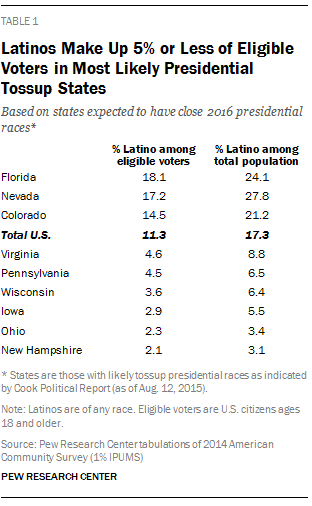From USA Today:
National and local voting rights activists, worried about threats to casting ballots nationwide, are setting up command centers, staffing hotlines and deploying thousands of monitors to polling sites across the country to ensure voters can get to the polls.
There has been plenty of talk about “rigged’’ elections in the 2016 presidential campaign. Link that with the Supreme Court’s rejection of a key section of the 1965 Voting Rights Act, and civil rights and voting rights activists say they’re concerned about possible roadblocks at the polls next week.
According to the Brennan Center for Justice, 14 states will have new voting restrictions in place, ranging from photo ID requirements to early voting cutbacks, to registration restrictions.
Some of the blame for this can be laid at the door of the Supreme Court and Chief Justice John Roberts. Stephanie Mencimer in MoJo writes that Roberts “had it in for the Voting Rights Act”:
In 2013, when Chief Justice John Roberts Jr. issued the most far-reaching Supreme Court decision on voting rights in the 21st century, he finally succeeded in gutting a civil rights law he has been fighting his entire career. For three decades, Roberts has argued that the US has become colorblind to the point where aggressive federal intervention on behalf of voters of color is no longer necessary—and this case, Shelby County v. Holder, was the pinnacle of that crusade.
Roberts honed his views on race and voting as a clerk for Justice William Rehnquist and later in the Reagan DOJ. Rehnquist redefined opposition to civil rights laws as a commitment to color blindness, using this leap of logic to undermine the 1965 Voting Rights Act.
The Atlantic reports that Roberts has a history of insisting that the US is a post-racial, colorblind society, a viewpoint he emphasized in his 2013 Shelby County v. Holder opinion. That decision removed a critical component of the Voting Rights Act: the requirement that jurisdictions with a long history of voting discrimination submit any changes in voting procedures to the DOJ for “preclearance,” to ensure those changes didn’t have a discriminatory impact.
Preclearance blocked more than 700 discriminatory voting changes between 1982 and 2006. But in the Shelby opinion, Roberts asserted that such protections were no longer warranted. He said that federal oversight of the jurisdictions in question, mostly states in the Deep South, was outdated and unjustified.
After the Shelby decision, several states passed new voting restrictions that were overwhelmingly directed at minorities. On the day the Shelby decision was handed down, Texas announced that the only two forms of state voter identification it would accept were a driver’s license or a gun license—a measure the DOJ had previously blocked.
- Georgia moved some municipal elections in predominantly minority areas from November to May, depressing turnout by nearly 20% in one instance.
- Alabama implemented a strict voter ID law—and then shut down driver’s license offices in every county where more than 75% of voters were African American.
- The most blatant was North Carolina’s omnibus voting law. Passed shortly after the Shelby decision, the NC law imposed strict ID requirements, limited the registration window, and dramatically cut early voting during times traditionally used by African Americans.
Some lower courts are walking back the Shelby decision. In July, the 4th Circuit Court of Appeals blocked enforcement of North Carolina’s voting law, saying its provisions “target African-Americans with almost surgical precision.”
Will the lower court ruling cause Roberts to rethink his Shelby opinion? No.
In August, the Supreme Court, without a Scalia replacement, would not hear an appeal of the 4th Circuit’s blocking of North Carolina’s voting law, but Roberts wrote that he personally would have allowed most of the law to take effect.
According to Harvard’s Alex Keyssar, the popular vote in North Carolina for the state legislature and members of Congress for the last several years has been pretty much evenly split, but the seats are overwhelmingly Republican. And that matters. That’s how the Republican legislature put together its voting laws.
Voter suppression and partisan gerrymandering are the greatest threats to our democracy. Suppression provides the opportunity to gerrymander. Taken together, suppression and gerrymandering provide the means to disenfranchise groups of the electorate from our democracy.
The anger in this nation is because people can feel things slipping away, even if they don’t all agree on why it is, or who to blame.
At some point, it won’t matter anymore. But by then, we might have a Republic in name only.

